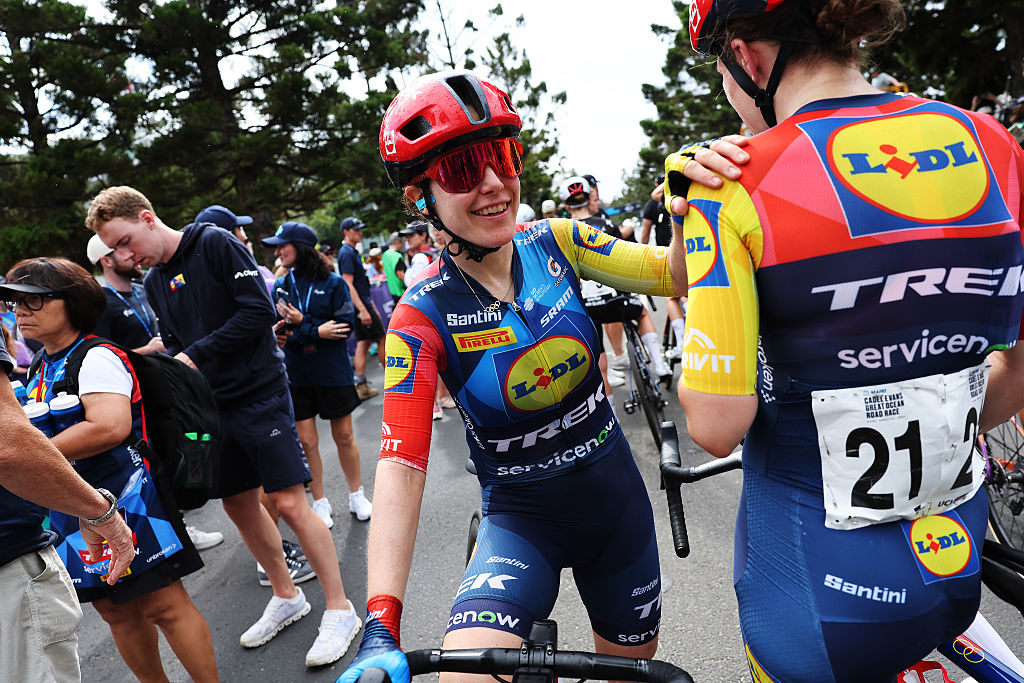Prudhomme calls for independent body to deal with mechanical doping
Tour de France director says Barfield's email to Gibbings 'demands an explanation'
The latest race content, interviews, features, reviews and expert buying guides, direct to your inbox!
You are now subscribed
Your newsletter sign-up was successful
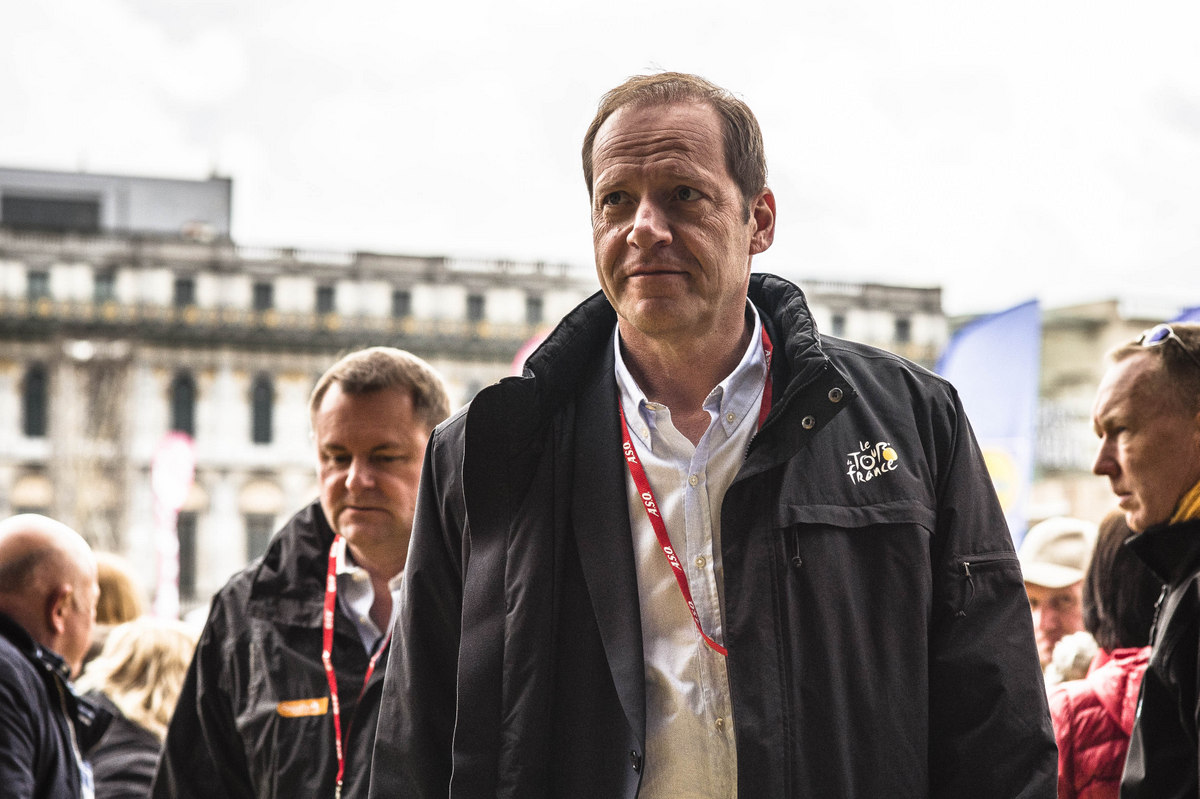
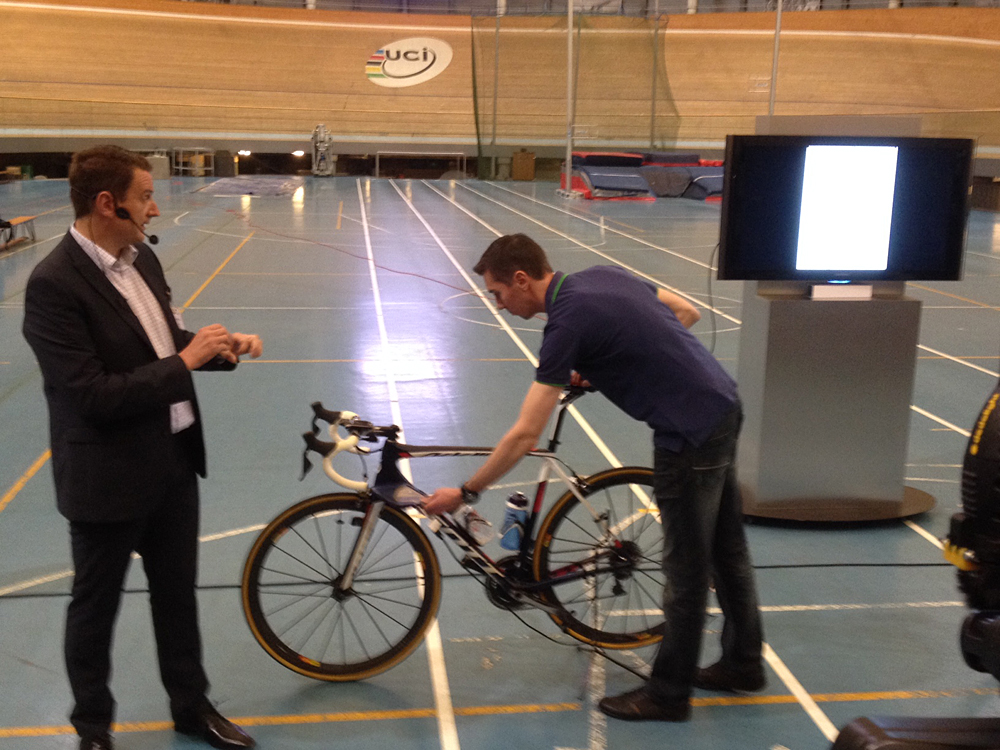
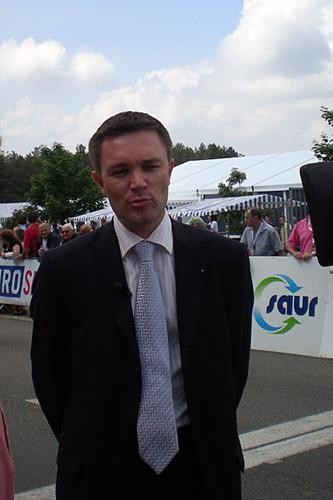
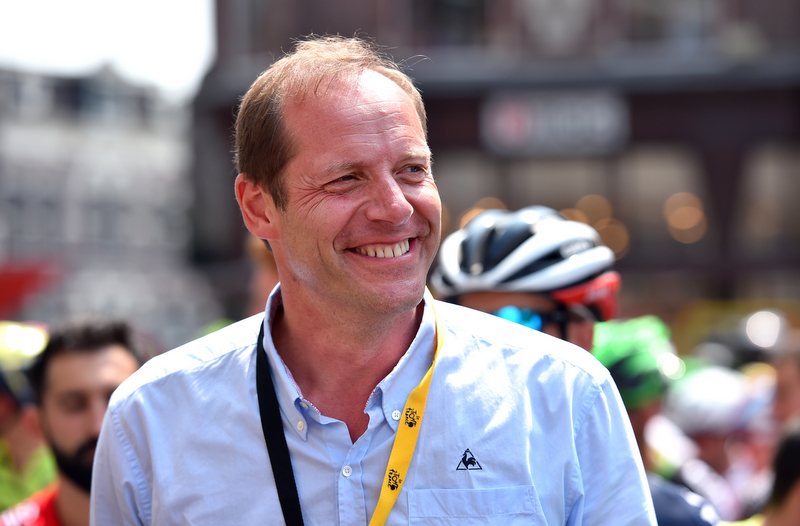
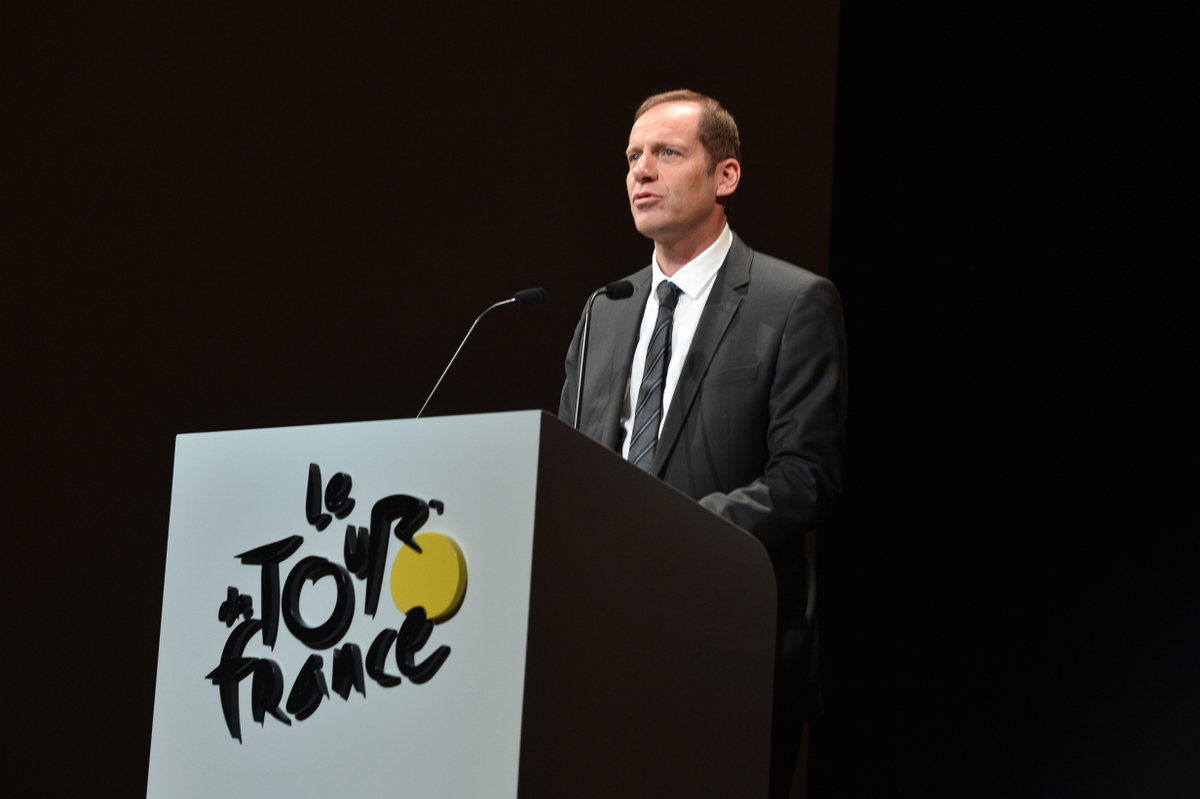
Tour de France director Christian Prudhomme has said that the UCI needs to provide an explanation for technical manager Mark Barfield’s decision to alert Typhoon e-bike CEO Harry Gibbings of a French police investigation into mechanical doping during last year’s Tour. He also called for an independent body to deal with the issue of mechanical doping instead of the UCI.
Prudhomme hails decision to re-route and proceed with snowy Liege-Bastogne-Liege
UCI to carry out 10,000 bike checks for mechanical doping during the 2016 season
Stade 2 programme claims UCI tipped off others about police investigation into mechanical doping
UCI expresses 'full confidence' in staff following Stade 2 mechanical doping report
A report on the Stade 2 programme on Sunday evening showed that Barfield had sent an email to Gibbings after French police reportedly voiced concerns to the UCI about the presence of Hungarian engineer Stefano Varjas on the race. Varjas worked with Typhoon bikes until December of last year.
Gibbings told Cyclingnews on Monday that Varjas denied being on the Tour when he contacted him, though receipts he later submitted for expenses purposes apparently showed that he was in France at the time. In a statement on Monday morning, the UCI expressed “full confidence” in its staff.
“It’s surprising to say the least. It demands an explanation, that’s for sure,” Prudhomme told Stade 2.
Prudhomme queried why thermal imaging has not been incorporated into the UCI's existing testing process. He said that he had raised the topic with Barfield when he met with him during last week’s Critérium du Dauphiné.
“I said to him that even if he didn’t believe in thermal imaging, it should be used because no method is infallible and you should use every available methodology at your disposal to find cheats,” Prudhomme said.
“He said he thought it was a good idea because he wanted to show that thermal cameras don’t work. But he needed to speak to his superior, Martin Gibbs the director general of the UCI. I don’t know why they don’t use cameras as a complement to the existing testing.”
The latest race content, interviews, features, reviews and expert buying guides, direct to your inbox!
The UCI and Tour organisers ASO are currently at an impasse over the proposed reforms of the WorldTour which were due to be rolled out for the 2017 season. In December, ASO announced that its races – including the Tour de France, Vuelta a España and Paris-Roubaix – would not be part of the WorldTour in 2017.
Earlier in the year, Prudhomme suggested that improving efforts to combat mechanical doping was something of a pre-requisite to negotiating with the UCI on the WorldTour structures. Speaking to Stade 2 on Sunday, Prudhomme complained that the UCI had carried out tests for mechanical doping at the under-23 Liège-Bastogne-Liège in April, but then failed to do so at the Monument Classic itself the following weekend.
“You see in world sport today that there are scandals across various disciplines. The sporting movement as a whole needs to be reformed. There needs to be a body independent of the federations that carries out the controls, that’s for certain,” Prudhomme told Stade 2.
“An independent body is needed to deal with fraud – whatever it may be – and not the sports bodies themselves.”
Lappartient’s letter
Prudhomme’s comments follow the publication of excerpts from a letter sent by European Cycling Union president David Lappartient to UCI president Brian Cookson in early June, in which he outlined his concerns about the current direction of the governing body and its ongoing impasse with ASO.
Lappartient is also UCI vice-president and president of the French Cycling Federation, and the letter, published by Cyclingpro.net on Saturday, will only fuel speculation that he might run against Cookson for the UCI presidency in 2017, with the implicit backing of ASO.
After expressing dismay at the stand-off with ASO, Lappartient proceeded to question the UCI’s current procedures in combating technological fraud. “I wonder about the effectiveness of the tablets used by the UCI. What is the scientific validation for the efficiency?” Lappartient wrote. “You wrote that 100 percent of cases are detectable: are we sure of that? Why systematically refuse other testing methords (X-rays, thermal imaging)?
“Finally, we’re surprised by conditions in which the tablets can be sold to national federations. It seems to us that the efficacy of the fight against technological fraud should prevail over the business generated by these controls.”
Lappartient’s document also criticised the UCI’s abortive trial of disc brakes in the professional peloton and questioned a rebate of around €1 million that was granted to the organising committee of the Richmond World Championships. He also expressed concerns that the track programme could be eliminated from the Olympic Games and called for anti-doping efforts in cycling to be managed by an agency external to the UCI, a statement echoed by Prudhomme on Sunday.

